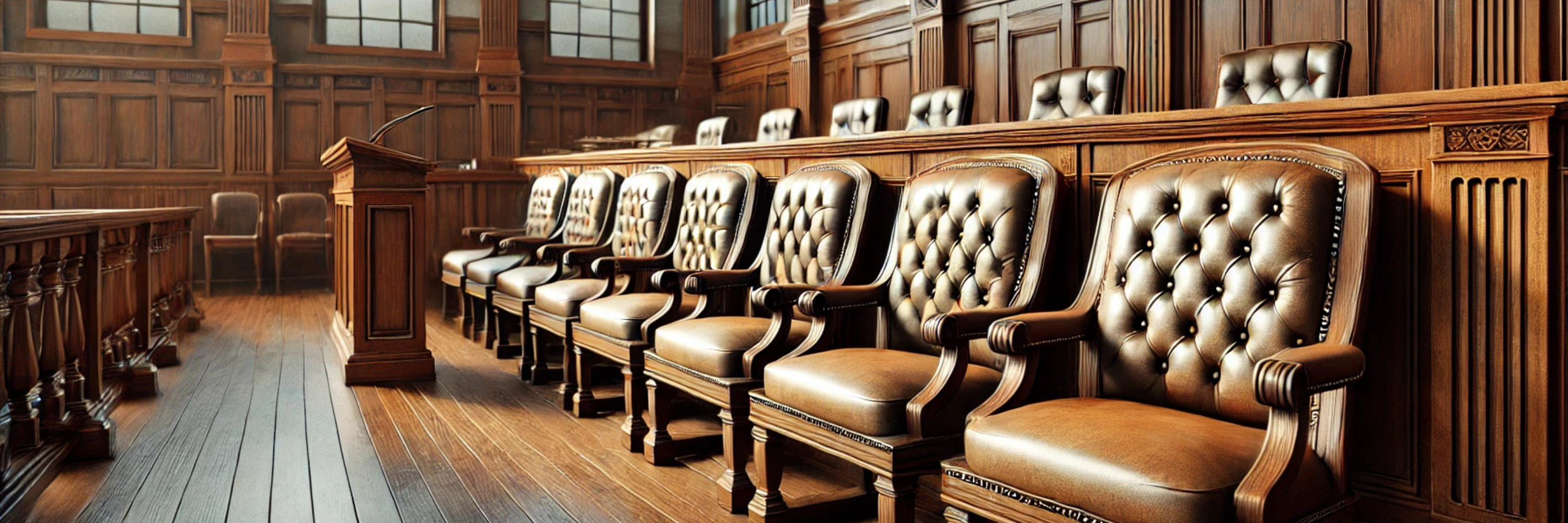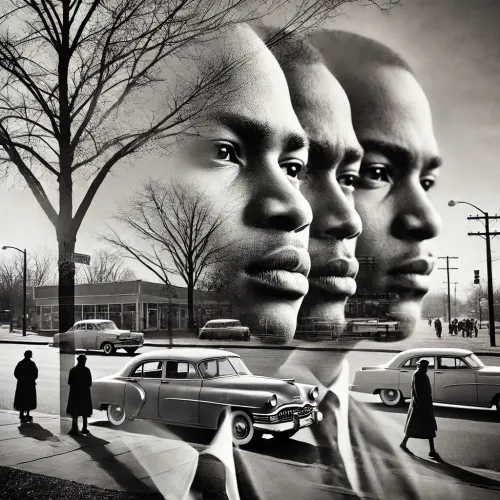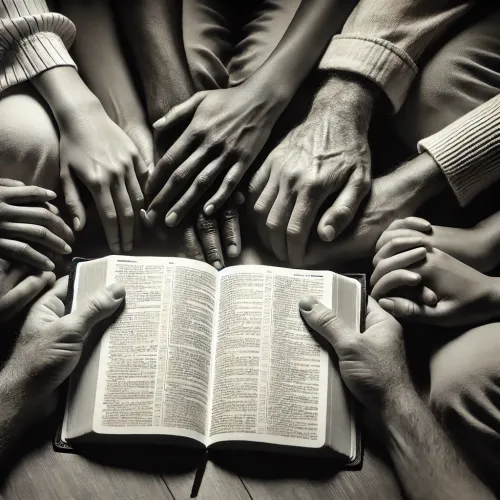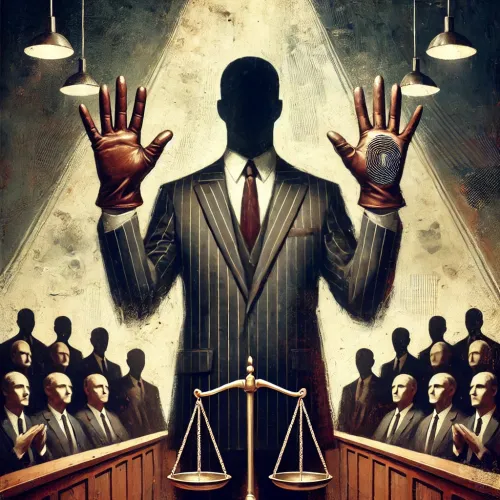Autonomy in Decision-Making
Autonomy in decision-making allows jurors to independently evaluate evidence, interpret the law, and deliver verdicts guided by their conscience. This principle is central to jury nullification, enabling jurors to acquit defendants despite evidence of guilt if they find the law unjust or improperly applied. Historically, juror autonomy has acted as a safeguard against oppressive laws, reflecting community values. However, it raises challenges, including inconsistencies in legal outcomes and potential biases. While jurors’ independence is a cornerstone of justice, its exercise must be balanced with adherence to legal standards to ensure fairness and maintain the rule of law.




